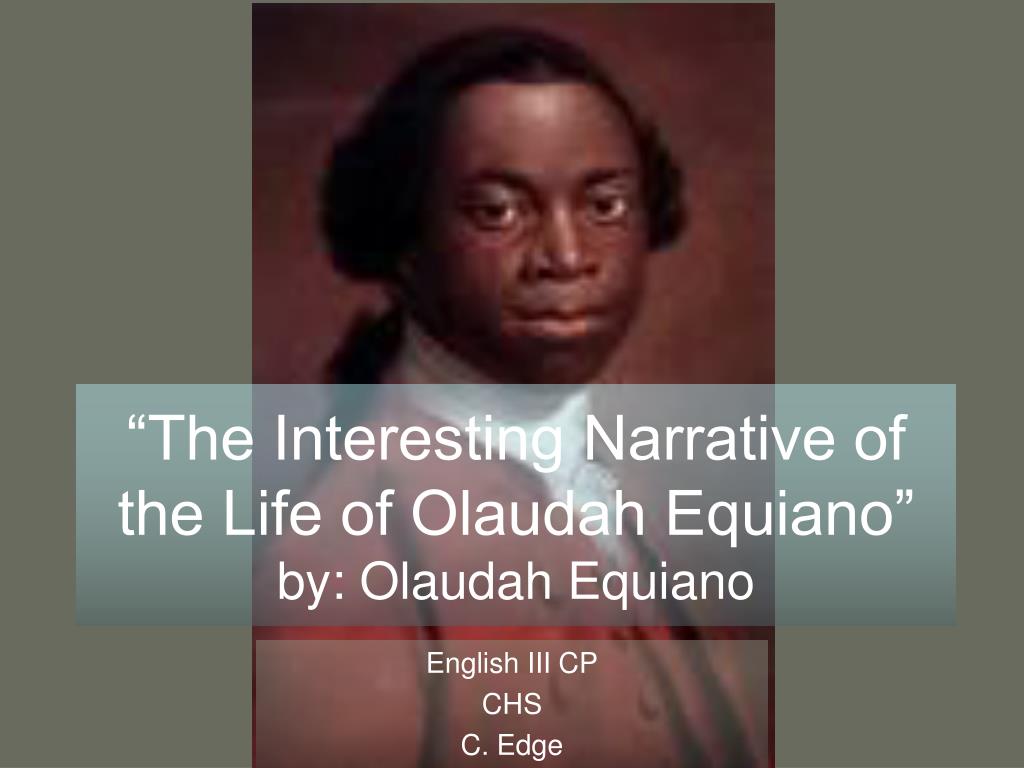
The narrative is argued to represent a variety of styles, such as a slavery narrative, travel narrative, and spiritual narrative. Although Equiano did not live to see the abolition of the slave trade or slavery his voice was critical to that that long campaign. The Interesting Narrative of the Life of Olaudah Equiano, Or Gustavus Vassa, The African, first published in 1789 in London, is the autobiography of Olaudah Equiano. In this edition, the historian David Olusoga sets the book in its historical context helping us to understand this complex, spiritual, politically astute and deeply passionate man. Describing his own experiences of slavery as both victim and witness, the book became a sensation and its author the most famous black person in Georgian Britain. The publication of his narrative was carefully timed to coincide with the first attempt to abolish the slave trade. Travelling to Britain as a free man Equiano settled in London and there became a leading figure in the early abolition movement. Olaudah Equiano published his autobiography, The Interesting Narrative of the Life of Olaudah Equiano in 1789. It recounts Equiano’s years of slavery, working on ships that carried him across the empire and into battle during the Seven Years War, and the extraordinary story of how he was able to purchase his own freedom. The Interesting Narrative of the Life of Olaudah Equiano remains as powerful today as it was when first published in 1789.


Olaudah Equiano’s narrative is the most significant autobiographical account of slavery to emerge from Britain’s centuries as a slave trading and slave owning power.


 0 kommentar(er)
0 kommentar(er)
